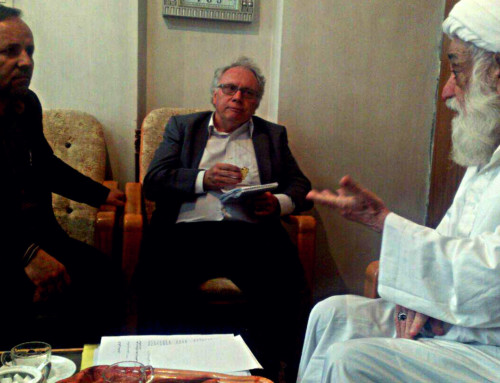Asia and the Pacific embrace the regions of greatest cultural and linguistic diversity in the world. Asia’s most important contribution to global criminology is therefore in opening its eyes to completely new ways of seeing, as opposed to adjusting, testing, or revising western theories in light of eastern experience. Restorative justice innovation provides good examples of how Asian philosophy and practice can enrich western criminal justice in ways that enhance crime control and respect for rights in the west.
It is the right time in the development of criminology in Asia to move away from an international division of scholarly labour whereby influential theories are developed in the west, while Asia’s role is to apply or test those theories in Asian contexts or adapt them to Asian realities. It is time for a new era of criminological theory that was given birth in Asia by Asian scholars.
I do not wish to deny that criminological theory can make some useful general claims. It is just to say that most of the time, their claims will be wrong when put in a particular context. It is a useful general claim for restorative justice theory to make that human beings have multiple selves; therefore, a justice process is needed that brings our most socially responsible self to the fore. But embedded in the universal claim about multiple selves is a limitation on any general theory that involves assumptions about the self, for example, of a rational self in deterrence theory. This illustrates both the value of general theory and the importance of using it with humility and contextual wisdom.
My article Rethinking Criminology through Radical Diversity in Asian Reconciliation in the Asian Journal of Criminology may be useful for constructing the kind of relational theory of crime control advocated by Professor Jianhong Liu in the same issue of that journal. It draws on case studies of reconciliation from Polynesia, Nepal, Pakistan, Afghanistan, China, Timor-Leste and Indonesia to ground in the Asia-Pacific tradition seven preliminary normative propositions of relational justice:
- Not only temper justice individualism with relationalism, especially with the love of families, but also temper collectivism with individualism.
- Couple the power of formal law with the power of informal shame and remorse.
- Rely on regulation through the positive virtue of the good example of the virtuous person. This is more important than the negative force of punishment.
- Do not be afraid to buttress state legitimacy for justice processes with legitimacy and compliance that come from spiritual sources, at least for those who care deeply about those spiritual sources.
- Refuse to be a justice purist. Improve the hybridity of learnings from west and east, the state and the local, from the formally legal and the traditional. Encourage state power that enables civil society to be its check and balance.
- Encourage civil society power that enables the state to be its check and balance. Justice institutions can be messy rather than tidy.
- Empower victims. Preserve local traditions such as those in Nepal that deliver radical forms of victim empowerment.
- Consider a right of victims to forgive as a revision to international human rights law, at least in contexts where victims wish to choose forgiveness rather than punishment. This right would be based on a new openness of Geneva to a Sharia law interpretation of forgiveness.


Leave A Comment